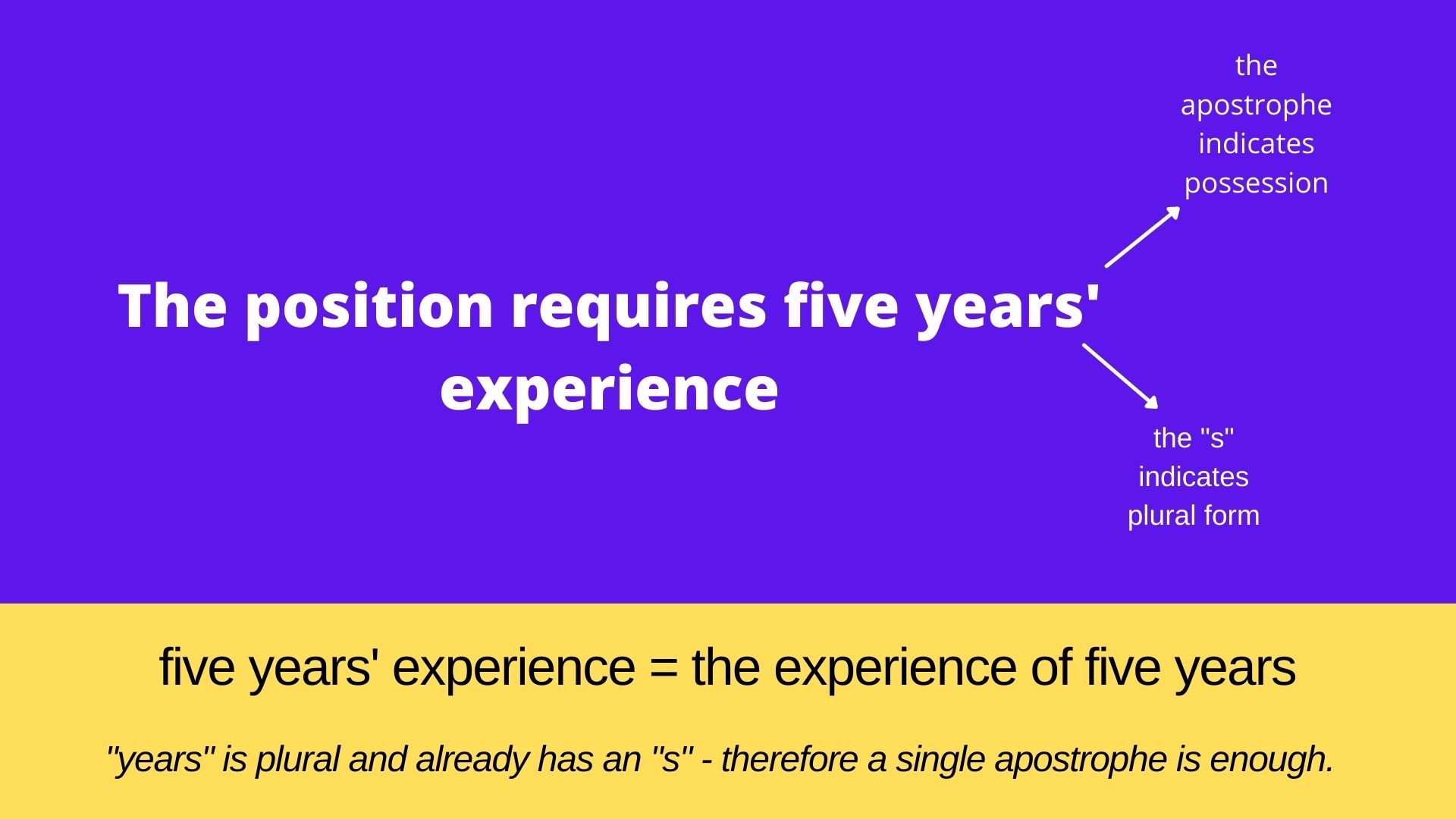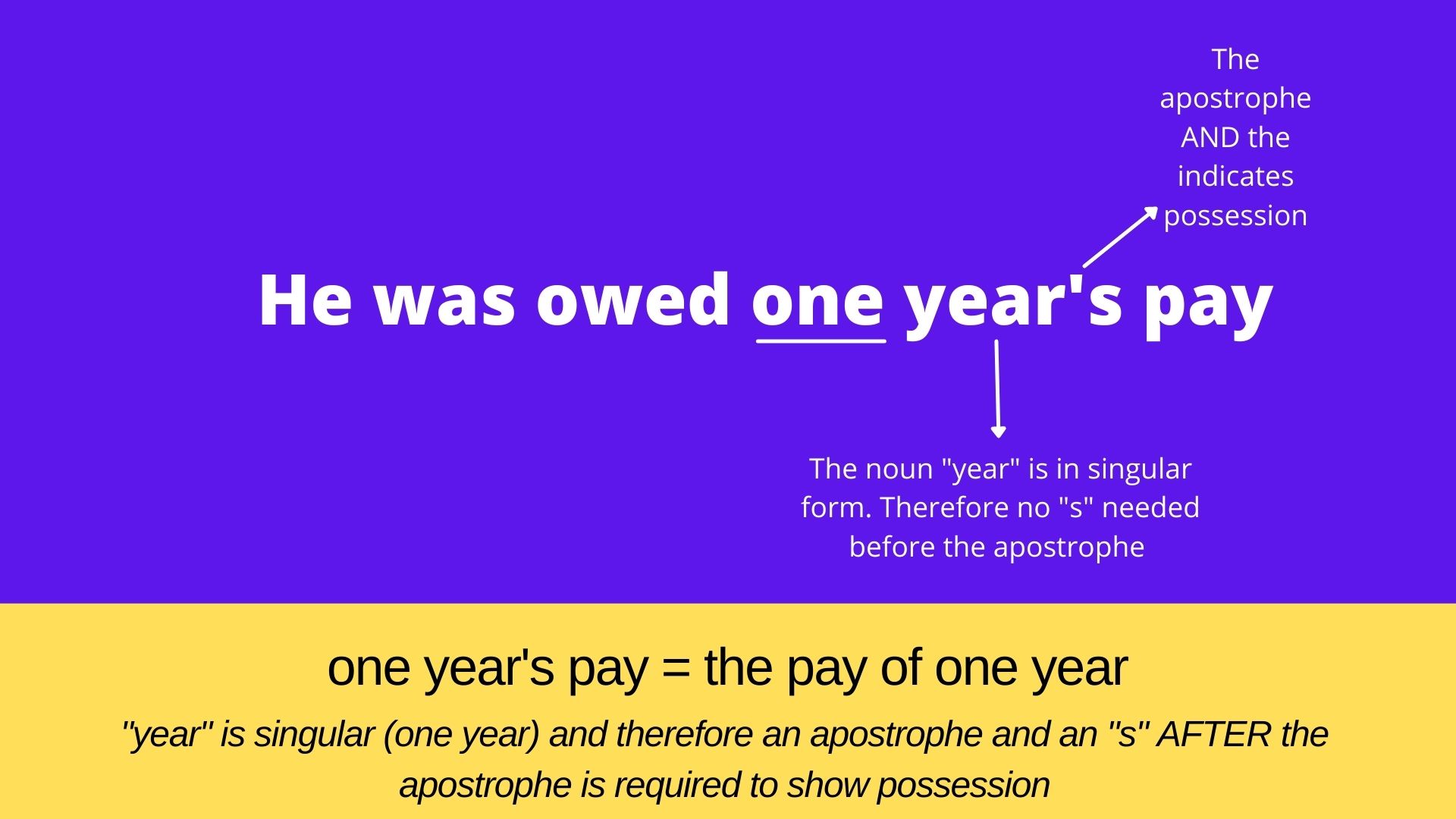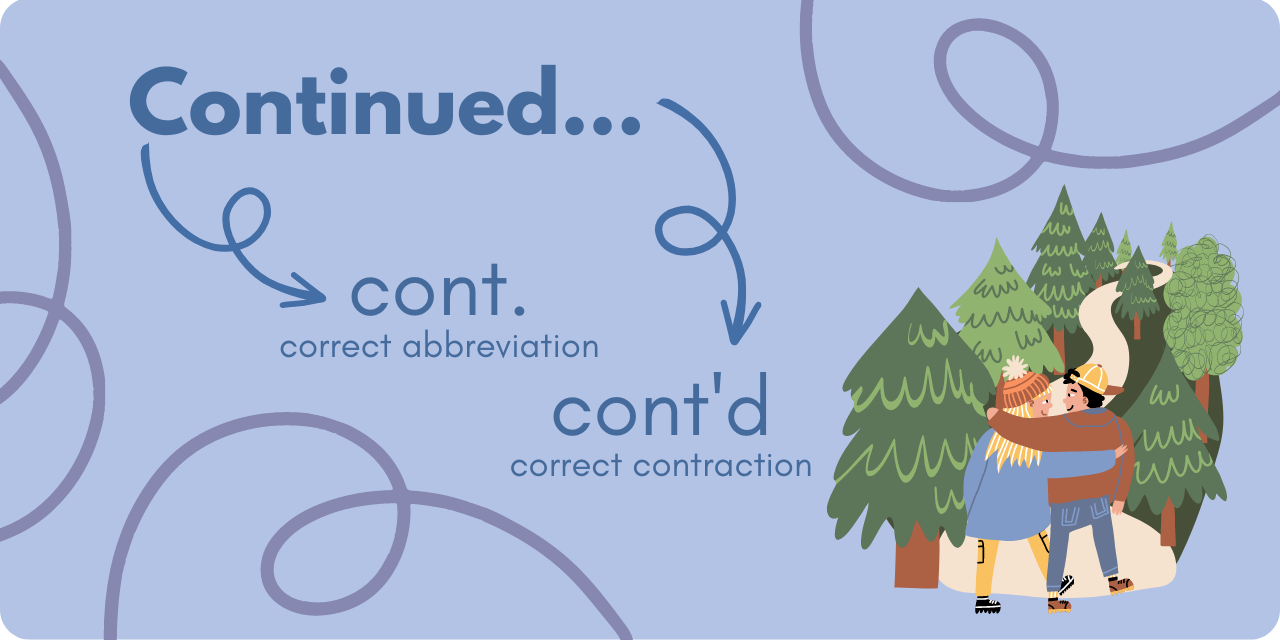Is it year’s, years’, or years?
Well, all three are perfectly correct depending on the context. Here is the quick rundown:
Years is the plural of the word “year”
- Example: It’s been three years since I last saw him.
Year’s and Years‘ are used to express compound time.
- Example: As part of the deal, she received one year’s free coverage
- Example: As part of the deal, she received two years’ free coverage
Year’s is used to indicate possession when the unit of time in singular (i.e. year)
- Example: For Michael, the concert was this year’s highlight.
Years’ is used and when the time unit is plural.
- Example: She will be ready in five years’ time. (apostrophe is used since a time period modifies a noun)
Examples From International Media
But Greek voters are equally certain that it’s unfair for them to suffer years of slim government budgets and high unemployment in order to repay foreign banks and richer northern neighbors, which have reaped outsized benefits from closer European integration. – The New York Times.
In high school, however, Scarsdale students are clamoring to get into a similar program, Colbran reported. “Next year, two-thirds of them will want to get in,” he said, with an evident appreciation of the poetic justice. “That’s one year’s difference.” – The New Yorker
We’ll be in touch in 50 years’ time. I like to see us as washed-up old hams in a home for the terminally ham, talking about the old days. I’ll probably have an orange wig, and Sue will be pushing me around in a bathchair. I can’t imagine life without her, we’ll always be mates. Cut to five years’ – The Independent
The Possessive Form
Of the three variations explained above, the one that causes the most confusion is the “s apostrophe” category. Here’s one controversial sentence involving this form:
- The position requires at least five years experience in web site development.
The sentence is incorrect and needs to be tossed into the “s apostrophe” basket because the correct rendering is “five years’ experience.”
But why use the apostrophe? Because years is a possessive form.
Examples:
- The opinion of the group is the group’s opinion. (singular)
- The reputation of the man is the man’s reputation. (singular)
- The rivalry of the teams is the teams’ rivalry. (plural)
- The pay of a week is a week’s pay. (singular)
- The sabbatical of a year is a year’s sabbatical. (singular)
- The experience of five years is five years’ experience. (plural)
To reiterate — if the noun is in plural form, and already has an “s” at the end, a single apostrophe is needed to indicate possession.
 VERSUS:
VERSUS:
Many people don’t like the “years’ experience” construction, and who can blame them? It’s odd. But it is also correct.
If you don’t want to use phrases such as “a week’s pay” and “five years’ experience” because they seem odd or awkward, add the word of, like these correct examples:
- He is owed a week of pay.
- The job requires five years of experience.
- In October he will begin a year of sabbatical.
By adding “of” you are avoiding the possessive form of the noun, and no longer have to deal with the apostrophe.
But if you are happy using “a year’s time” and “two weeks’ notice,” keep on using them confidently. Every punctuation guide on my bookshelf promotes that usage as correct.
Further reading
For more on the topic of apostrophes and possessive forms, read these past blog posts:






